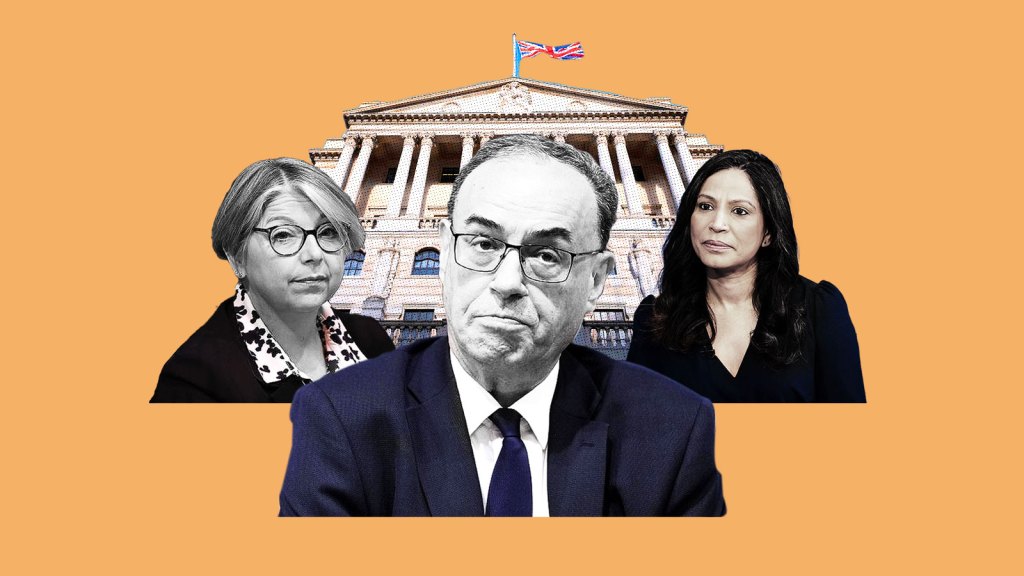Business Confidence on the Rise Amid Economic Uncertainty
Recently, two significant surveys have revealed a surprising uptick in business confidence across the UK, marking a notable shift in sentiment among firms.
In light of a substantial increase in national insurance contributions, this boost in optimism is unexpected. The Lloyds Bank business barometer reported an 11-point increase in May, reaching its highest level in nine months, with a 16-point surge in economic optimism.
The survey indicated that nine out of the twelve regions and nations in the UK experienced stronger business confidence. The most pronounced improvements were seen in Northern Ireland, the East Midlands, and the South-West, while Wales and Yorkshire & the Humber also posted significant gains.
Similarly, the Institute of Directors (IoD) noted a marked rise in confidence for the previous month, with its main measure climbing 16 points to the highest level since August of last year. While concerns regarding increased employment taxes persist, they have diminished somewhat, and expectations about the economic outlook have improved.
Both investment intentions and prospects for exports showed promising signs of improvement. While it may not be time for celebration, confidence has risen from the levels observed during the last summer’s general election. According to Anna Leach, chief economist at the IoD, “It’s encouraging to witness a recovery in business confidence, as evidenced by our primary measure increasing for three consecutive months.”
Hann-Ju Ho, a senior economist at Lloyds Commercial Banking, remarked, “The rebound in business confidence suggests that firms may be positioned more strongly for the upcoming quarter. The rise is primarily fueled by increased economic optimism, reflecting recovery in financial markets amid easing global trade tensions.”
Businesses have had numerous concerns in recent months, including rising taxes and the looming threat of a global trade conflict, largely driven by the United States’ shift toward protectionist policies.
The tariffs announced by President Trump on April 2 prompted widespread apprehension among businesses. The recent recovery in confidence appears to stem from the realization that these fears may have been overstated. Trump not only declared a temporary halt to most tariffs but also established an arrangement with China on lower tariff rates, at least for the time being. US tariffs on Chinese imports were reduced from 145% to 30%. Additionally, the British government reached a trade agreement with the US and a new agreement with the European Union and India, which alleviated some concerns.
Despite this, the unpredictability of the US president remains a concern, as his affinity for tariffs poses significant risks to the US economy and could negatively impact global economic stability.
The perception that Trump may retract when faced with the repercussions of his decisions has bolstered UK business confidence. This rationale also explains the nearly 20% rebound of America’s S&P 500 index from its lows following the April 2 tariff announcement. Trading circles have even coined the term “Taco” (Trump always chickens out) to reflect this sentiment.
However, this optimism must be tempered by the knowledge that Trump has a history of making unanticipated and potentially harmful decisions, raising concerns about renewed tariff threats. Recently, he announced a doubling of steel and aluminum tariffs to 50%, a decision that could have further repercussions for businesses.
The risks do not end with tariffs. As pressure mounts for higher public spending along with the UK government’s upcoming public expenditure review, businesses remain acutely aware that calls for increased spending outweigh those for lower taxes. While changes to winter fuel payments may not yield significant savings, the broader implications of potential reversals on benefit caps and disability cuts are considerable.
A pressing issue is defense spending; the recently published strategic defense review raises questions about how Britain will fund its enhanced requirements. While some companies may benefit from increased defense spending, others worry about the financial implications.
As public finances remain under strain, exacerbated by the national insurance increase, businesses have legitimate concerns. Despite some reassurances from government officials that tax increases will not be imposed on workers, businesses remain cautious. They hope that may delay necessary fiscal adjustments, perhaps even relying on favorable economic conditions to relieve pressure. However, firms recognize the dangers of relying on optimistic assumptions regarding future tax policy.
David Smith serves as the economics editor for The Sunday Times.




Post Comment